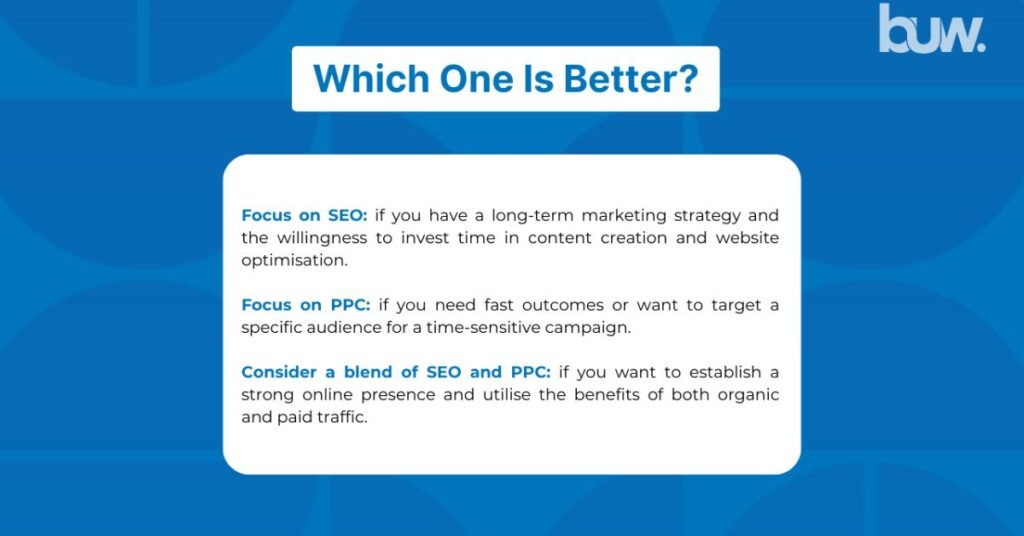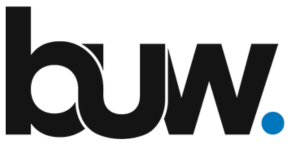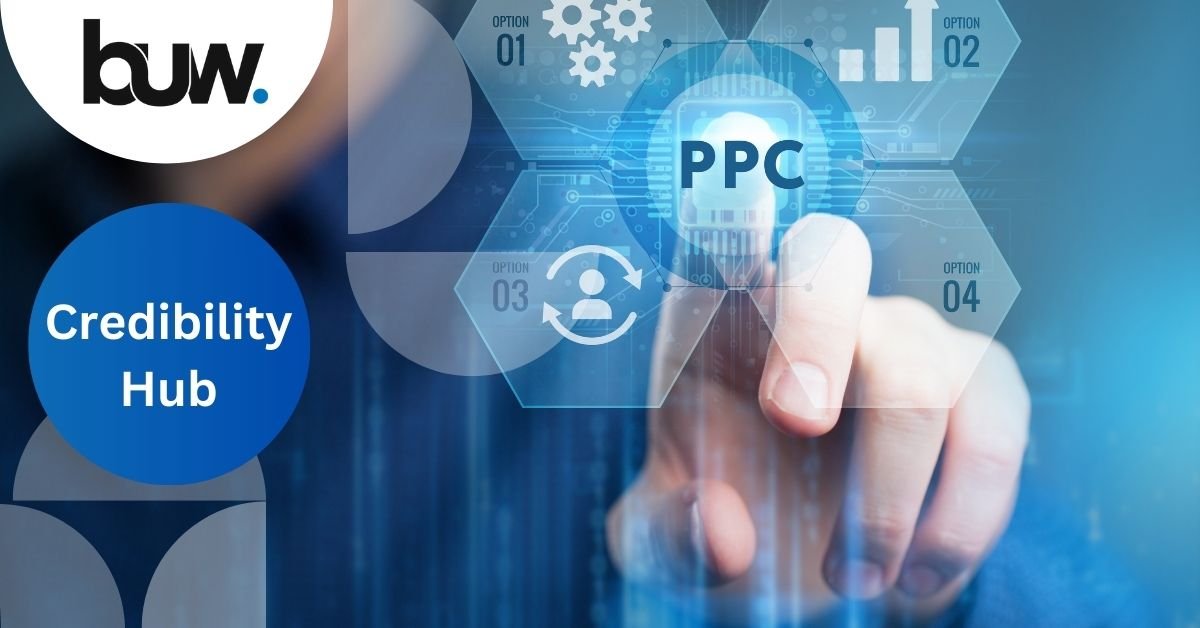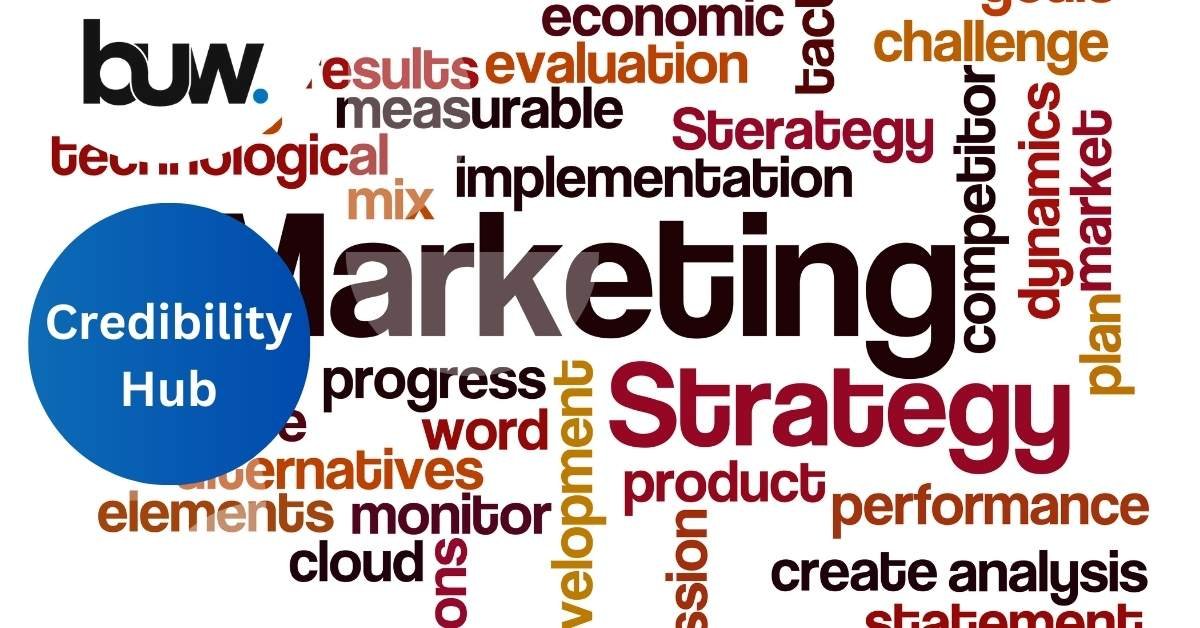It’s a fact that in today’s digital landscape, an online presence is essential for any business.
However, with so much marketing jargon and acronyms in use, it’s easy to become confused. PPC and SEO are two of the most frequently discussed strategies. They both seek to increase website visitors, but they operate somewhat differently.
Did you know that 68% of online experiences begin with a search engine, which emphasises how crucial it is to have a prominent listing in search engine results?
Still, the age-old question remains: Is it better to invest in building organic SEO or go for the quick fix of PPC advertising?
This blog aims to explore the significant debate between SEO and PPC, providing insights to empower businesses to make informed choices about their online marketing strategies.
SEO
SEO stands for search engine optimisation. Put more simply, it’s about improving the relevance and usability of your website for search engines like Google.
The more frequently people search for keywords associated with your business, the more likely it is that they will find you. The secret is this: while there are paid tools and services available, SEO is entirely free.
Here are the Pros and Cons of SEO:

Pros:
1. Cost-effective
SEO doesn’t demand constant ad spending, in contrast to PPC. The advantages of optimising your website can be long-lasting and offer a steady return on investment.
2. Builds Brand Authority
Getting a high SEO ranking builds your brand authority and credibility, which gives you an advantage over competitors in your field. Recurring presence in search results builds trust among customers and improves brand awareness.
3. Targeted Traffic
Targeted traffic is produced by SEO, which draws customers who are actively looking for goods or services that are similar to what you provide. Since you’re reaching a group of people who are already interested in what you have to offer, this enhances the possibility of conversions.
4. Long-term benefits
Long-term returns can be obtained from investing in SEO. For years to come, well-optimised content can continue to provide organic traffic, offering a consistent flow of potential customers without requiring extra advertising costs.
Cons:
1. Slower Results
SEO takes time and effort to get meaningful results, in contrast to PPC, which can provide visitors right away. It’s important to be patient because it could take several weeks or even months to get the traffic and rankings you want.
2. Constant Monitoring
As search engine algorithms are always changing, SEO tactics must be continuously observed and adjusted. In the face of evolving algorithmic criteria, maintaining and improving ranks requires frequent updates and modifications.
3. Competitive Landscape
It could be difficult to rank highly for competitive keywords for SEO, especially in crowded markets with lots of well-established competitors. To differentiate yourself from the competition and appear higher in the search results, you might need to put in a lot of optimisation work and use creative tactics.
PPC
In pay-per-click, or PPC, advertising, you place a bid on terms to have your website show up in sponsored search results. In simple terms, you’re paying to have relevant terms trigger your advertisement to appear at the top of the search engine results page (SERP).
Here are the Pros and Cons of PPC:

Pros:
1. Fast Results
PPC advertising gives businesses an instant increase in visibility and prospective leads by driving traffic to their website as soon as the campaign opens.
2. Highly Targeted
PPC platforms let advertisers focus on specific locations, interests, behaviours, and demographics to make sure their ads are seen by the most relevant audience. This degree of precision targeting optimises return on investment and raises the possibility of conversions.
3. Measurable Results
PPC campaigns give advertisers access to extensive tracking and analytics tools, enabling them to keep an eye on a range of metrics, including clicks, conversions, and ROI (return on investment).
Businesses can use this data to optimise their advertising strategy and make informed judgements by learning important insights about the campaigns’ effectiveness.
4. Flexibility
Based on real-time performance data, marketers can instantly modify their budget, keywords, ad copy, and targeting settings using PPC advertising, which gives unmatched flexibility.
Businesses can quickly adjust to shifting customer behaviours and market conditions thanks to this agility, which ensures that their campaigns are as efficient and effective as possible.
Cons:
1. Ongoing Cost
One of the main drawbacks of PPC advertising is that it is a continuing expense. Businesses could only gain from traffic and visibility as they spend money on running advertisements. A PPC campaign’s suspension or cancellation results in a reduction in website traffic, which may affect lead generation and sales overall.
2. Competition Drives Up Cost
PPC ad cost-per-clicks (CPC) can be costly in competitive industries or for highly searched keywords. The bidding process can get more expensive as more advertisers vie for the same keywords and audience groups, making it more difficult for smaller companies with tighter budgets to compete successfully.
3. Requires Ongoing Management
PPC campaigns require ongoing management, optimisation, and monitoring to guarantee peak performance and a maximum return on investment. To stay ahead of the competition and receive the desired results, advertisers must constantly improve their targeting settings, bidding tactics, ad copy, and keyword selection.
Ineffective PPC campaign management can lead to lost advertising money and lower campaign ROI.
Which One Is Better?
There isn’t just one solution. The most effective strategy frequently combines PPC with SEO. Here is a brief guide to assist in your decision:

Frequently Asked Questions (FAQs)
Let’s go over some frequently asked questions from executives about SEO and PPC.
Both PPC and SEO can be effective, but the choice depends on factors such as budget, competition level, and the immediacy of the results required. While SEO increases visibility and credibility over the long run, PPC can generate sales right away.
While some SEO techniques, like website optimisation and backlink creation, may call for technical expertise, many SEO strategies are doable with a basic understanding and the appropriate resources. However, it’s best to speak with an SEO specialist about complex technical matters.
SEO rankings are not directly impacted by PPC advertisements. However, PPC campaigns can indirectly contribute to SEO by driving traffic to your site, enhancing brand visibility, and potentially earning backlinks from authoritative sources.
Conclusion
We hope this blog has helped you understand the age-old debate between SEO and PPC, guiding you through the complexities of each strategy so you can make an informed decision based on your business objectives.
Never forget that adaptation and flexibility are essential in the fast-paced world of digital marketing.
Ready to take your digital marketing strategy to the next level? Book an appointment with our expert team today
Latha Karthigaa, founder of Brandupwise (BUW) Marketing, is dedicated to improving lead generation for medium to large enterprises. Her strategic insights focus on lead generation, client acquisition, and most important of all educating the businesses and their internal teams about sustainable growth. As a transformative force in the industry, she reshapes the narrative of success for every business under her expert guidance.
Contact
- latha(at)brandupwise(dot)com(dot)au







